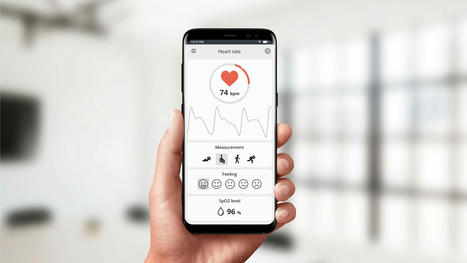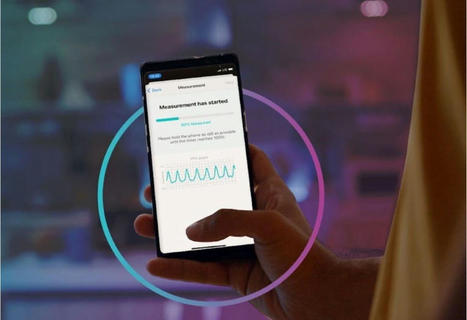A new technique enables on-device training of machine-learning models on edge devices like microcontrollers, which have very limited memory. This could allow edge devices to continually learn from new data, eliminating data privacy issues, while enabling user customization.
Microcontrollers, miniature computers that can run simple commands, are the basis for billions of connected devices, from internet-of-things (IoT) devices to sensors in automobiles. But cheap, low-power microcontrollers have extremely limited memory and no operating system, making it challenging to train artificial intelligence models on "edge devices" that work independently from central computing resources.
Training a machine-learning model on an intelligent edge device allows it to adapt to new data and make better predictions. For instance, training a model on a smart keyboard could enable the keyboard to continually learn from the user's writing. However, the training process requires so much memory that it is typically done using powerful computers at a data center, before the model is deployed on a device. This is more costly and raises privacy issues since user data must be sent to a central server.
To address this problem, researchers at MIT and the MIT-IBM Watson AI Lab developed a new technique that enables on-device training using less than a quarter of a megabyte of memory. Other training solutions designed for connected devices can use more than 500 megabytes of memory, greatly exceeding the 256-kilobyte capacity of most microcontrollers (there are 1,024 kilobytes in one megabyte).
The intelligent algorithms and framework the researchers developed reduce the amount of computation required to train a model, which makes the process faster and more memory efficient. Their technique can be used to train a machine-learning model on a microcontroller in a matter of minutes. This technique also preserves privacy by keeping data on the device, which could be especially beneficial when data are sensitive, such as in medical applications. It also could enable customization of a model based on the needs of users. Moreover, the framework preserves or improves the accuracy of the model when compared to other training approaches.
"Our study enables IoT devices to not only perform inference but also continuously update the AI models to newly collected data, paving the way for lifelong on-device learning. The low resource utilization makes deep learning more accessible and can have a broader reach, especially for low-power edge devices," says Song Han, an associate professor in the Department of Electrical Engineering and Computer Science (EECS), a member of the MIT-IBM Watson AI Lab, and senior author of the paper describing this innovation.
Lire l'article complet sur : news.mit.edu
Via
Dr. Stefan Gruenwald




 Your new post is loading...
Your new post is loading...


























